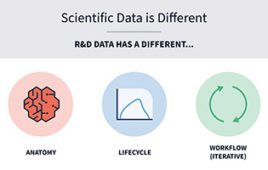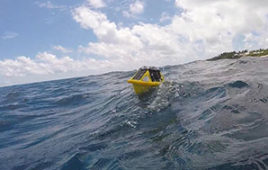Where Next for NASA? Scientists Draw up a Wish List
Land a rover on Mars to collect rocks and soil samples that could later be returned to Earth. If that’s a budget-buster, then orbit Jupiter’s moon Europa, which may have a liquid ocean beneath its frozen surface, or study Uranus’ atmosphere.
A team of scientists got together to entertain the question: Where in the solar system should NASA visit next?
The result is a wish list released March 7, 2011, by the National Research Council that prioritized robotic space exploration between 2013 and 2022. The report did not look at human spaceflight.
“I wish we could do them all,” said Cornell University astronomer Steve Squyres, who chaired the panel that came up with the list.
The rankings are hardly a surprise. For years, scientists have advocated to do a Mars sample return mission, but it was always too expensive.
NASA recently partnered with the European Space Agency to find ways for the two to do such a mission jointly over several years.
The panel recommended that NASA consider other options if it can’t land a Mars rover for $2.5 billion. Other alternatives include flying a craft to Europa, but only if it costs less than $4.7 billion. It also suggested missions to Uranus, the Saturn moon Encedalus or Venus.
If NASA doesn’t have enough money or cannot stay within budget for any of the proposed flagship projects, it should focus on smaller, cheaper missions first, scientists said.
The report was sponsored by NASA and the National Science Foundation.
Copyright 2011 The Associated Press




